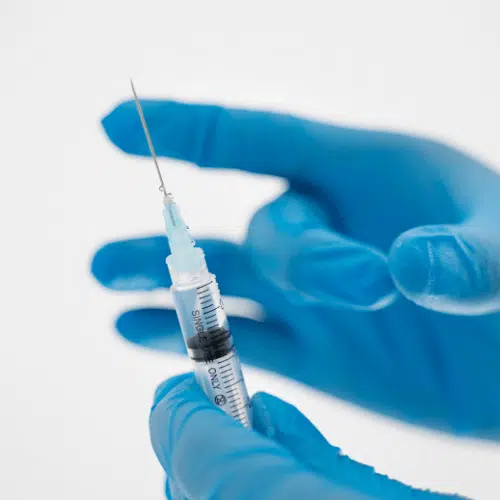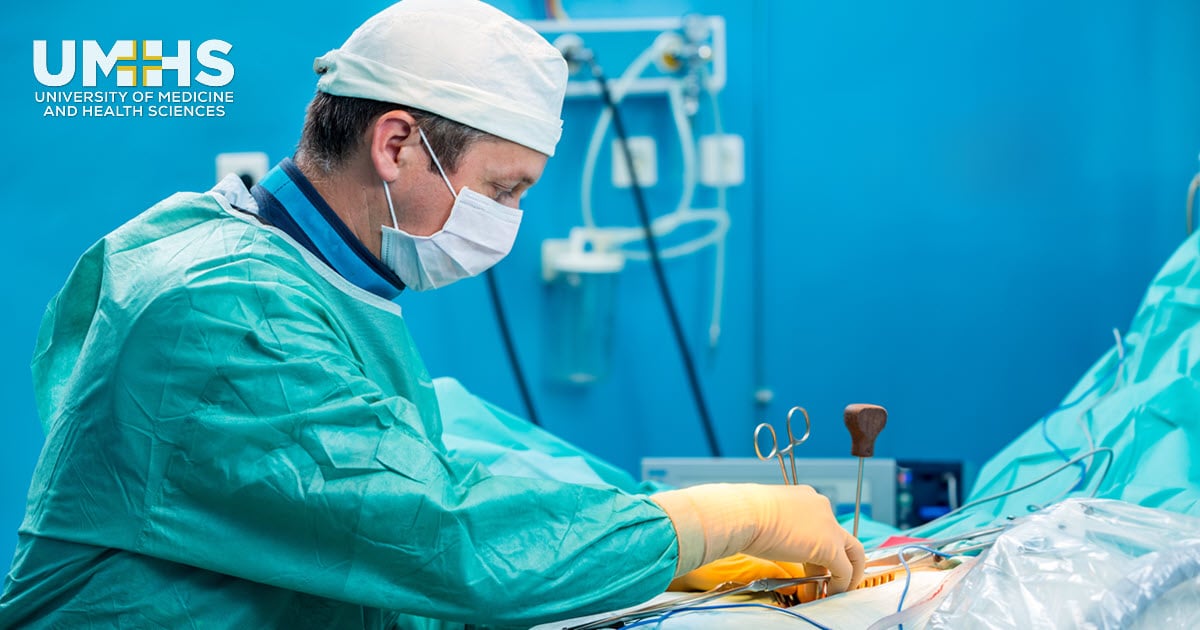Getting My Axis Spine And Orthopedics To Work
Getting My Axis Spine And Orthopedics To Work
Blog Article
Not known Details About Axis Spine And Orthopedics
Table of ContentsAxis Spine And Orthopedics Things To Know Before You BuyOur Axis Spine And Orthopedics PDFsNot known Facts About Axis Spine And OrthopedicsThe Buzz on Axis Spine And Orthopedics
An orthopedic specialist is a physician who specializes in dealing with issues of the bones, joints, and connective cells, and ensuring you maintain a healthy and balanced bone and joint system., we have actually extremely qualified orthopedic surgeons that are qualified of treating people of all ages. I obtained involved in research study throughout my first year of clinical college, and I began making connections with orthopedic cosmetic surgeons early on.
Comply with these guidelines carefully to stay clear of problems during the procedure. Discuss the post-operative treatment strategy with your specialist. Comprehend what to anticipate during the recuperation period and how much time it will certainly take to resume everyday tasks. Set up for transportation to and from the medical facility on the day of surgical procedure.
The Ultimate Guide To Axis Spine And Orthopedics

Your doctor will certainly give plenty of details pertaining to post-operative treatment, including exactly how to stay clean and keep the medical location clean. Complying with these pointers can prepare you physically and psychologically for your orthopedic surgery. Bear in mind to maintain a favorable outlook and trust your clinical team's expertise, contributing to a smoother recuperation process.

Nobody anticipates you to recognize anything, so do not try to memorize a bunch of random truths. Or else, joint pain can truly mess up your life.
The constant pain in your knee or the stiffness in your shoulder can reduce you down and make even easy jobs tough. Usual problems treated by orthopedic cosmetic surgeons are: Cracks and Bone Trauma: Broken bones and various other injuries from crashes or impacts. Arthritis: Especially osteoarthritis, which causes joint pain and tightness. Benign Soft Tissue Lumps: Non-cancerous developments in muscular tissues or various other soft cells. Bone Cancer Cells: Lumps in the bones. Bursitis: Swelling of the tiny cavities of.
Not known Facts About Axis Spine And Orthopedics
fluid that cushion the bones, tendons, and muscles near your joints. Neck and Reduced Back Discomfort: Problems impacting the spinal column. Orthopedic Trauma: Extreme injuries influencing bones, joints, or soft cells. Sports Injuries: Troubles like tendon splits, tendon injuries, and joint discomfort from sports activities.
Sprains and Stress: Injuries to tendons and muscle mass. Tendinitis: Swelling of the ligaments. Orthopedic specialists perform a variety of treatments to aid people with musculoskeletal concerns. Typical instances are knee and hip substitutes. Joint Restoration: Rebuilding a harmed joint to recover its function. Bone Grafting: Taking bone from one part of the body and transplanting it to an additional area to fix and reconstruct damaged bones. Reconnecting Nerves: Fixing damaged nerves to bring back motion and sensation. Spine Disk Substitute: Changing a harmed spine disk with an artificial one to soothe pain and restore feature. You'll require to take and pass the Medical University Admission Test( MCAT). This standardized test evaluates your understanding and abilities necessary for success in clinical college. Clinical school is an intense

The Only Guide to Axis Spine And Orthopedics
Next, they finish an orthopedic residency. It's commonly 5 years and supplies hands-on learning in a medical setting. Restricted motion because of pain. Rigidity. Appointments often consist of: Discussing your signs and symptoms, clinical history and way of life. A physical examination, including relocating the influenced joint in particular methods. Imaging research studies, such as an X-ray. Explanation of your diagnosis.
Treatment suggestions. Some conditions require added imaging, like a CT check or MRI for even more thorough sights of the unpleasant location. Your orthopedist will recommend therapies to lower signs till you get a medical diagnosis. Orthopedic surgeons specialize in nonsurgical and medical techniques. For sure kinds of orthopedic trauma or hereditary problems, surgical procedure is commonly the initial line of treatment. For the majority of other problems, orthopedists attempt nonsurgical therapiesinitially. It might take greater than one sort of therapy to accomplish long-term alleviation. Choosing the right is vital for successful surgical end results and boosted individual recuperation. With a wide variety of choices offered in the marketplace, it can be overwhelming for both specialists and individuals to make an educated choice. The leading 5 factors to take into account when choosing an orthopedic implant are surgical compatibility, cost-effectiveness, factors to consider for alteration surgical procedure, patient-specific factors, and the layout and advancement of the implant. They are available in different forms, dimensions, and products, each offering a details objective based on the client's requirements. Recognizing the basics of orthopedic implants is essential prior to diving into the decision-making procedure. One of the leading factors to consider when picking an orthopedic implant is its compatibility with the surgical treatment. Different implants are created for numerous medical techniques and approaches. The orthopedic implant should be specifically developed to fit the individual's anatomy and ensure security throughout the healing procedure. Surgical compatibility includes factors such as implant dimension, form, and product. The success of orthopedic procedures counts heavily on the appropriate selection and positioning of implants that work with the individual's makeup and case history. By focusing on client safety and security and well-being, orthopedic doctors can accomplish successful outcomes and give the finest of like their people. Surgeons must carefully consider the biomechanical residential or commercial properties of the implant and just how it will incorporate with the patient's bone framework. This will certainly contribute to far better surgical end results, reduced issues, and shorter healing time. When choosing implants for a patient, it is important to take into consideration a range of patient-specific elements that can affect the success and end result of the treatment. These variables incorporate the individual's age, bone top quality and amount, dental wellness standing, medical history, way of life behaviors, and aesthetic preferences. For older clients with endangered bone density, shorter implants or implanting procedures might be useful to provide the needed security and support. 3. Is the size of the orthopedic implant a critical consideration? Exactly how does it influence the surgical procedure and the client's healing? Yes, the dimension of the implant is important as it has to match the patient's structure for correct fit and functionality. 4. Can the client's age and way of living contribute in picking the most suitable orthopedic dental implant? Absolutely. Just how does the cost of an orthopedic implant factor into the decision-making process, and are there methods to balance quality with affordability? The cost of the implant is an important factor to consider, yet it must not be the sole determining aspect. Stabilizing high quality with cost includes evaluating different implant choices 'long-lasting benefits and prospective difficulties. Report this page